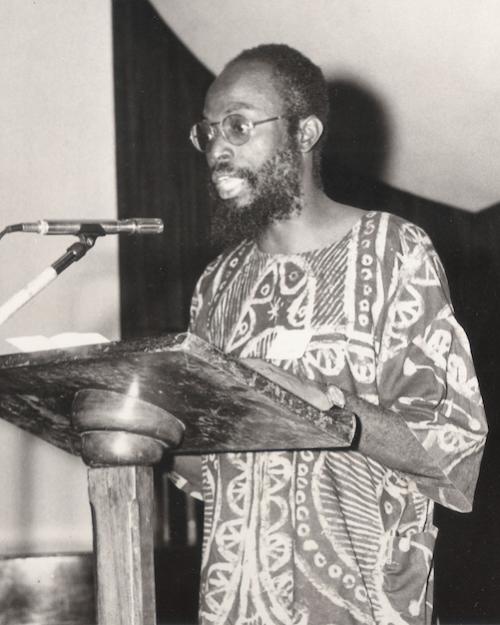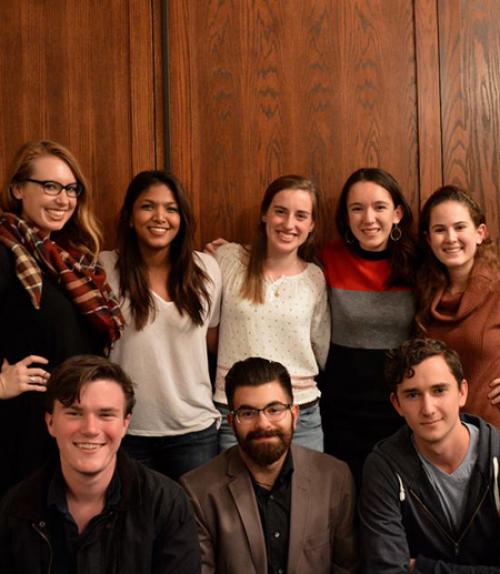
Literary critic Biodun Jeyifo dies at 80
Cornell Chronicle
 Department Homepage
Department Homepage
 Department Homepage
The College of Arts & Sciences
Department Homepage
The College of Arts & Sciences



